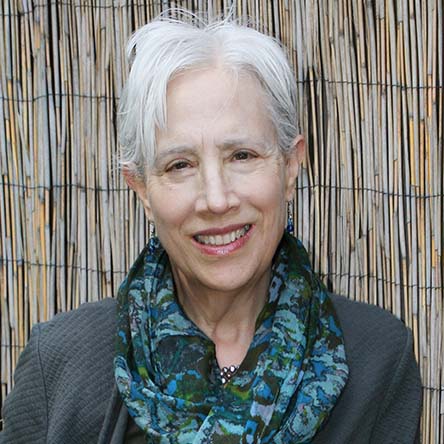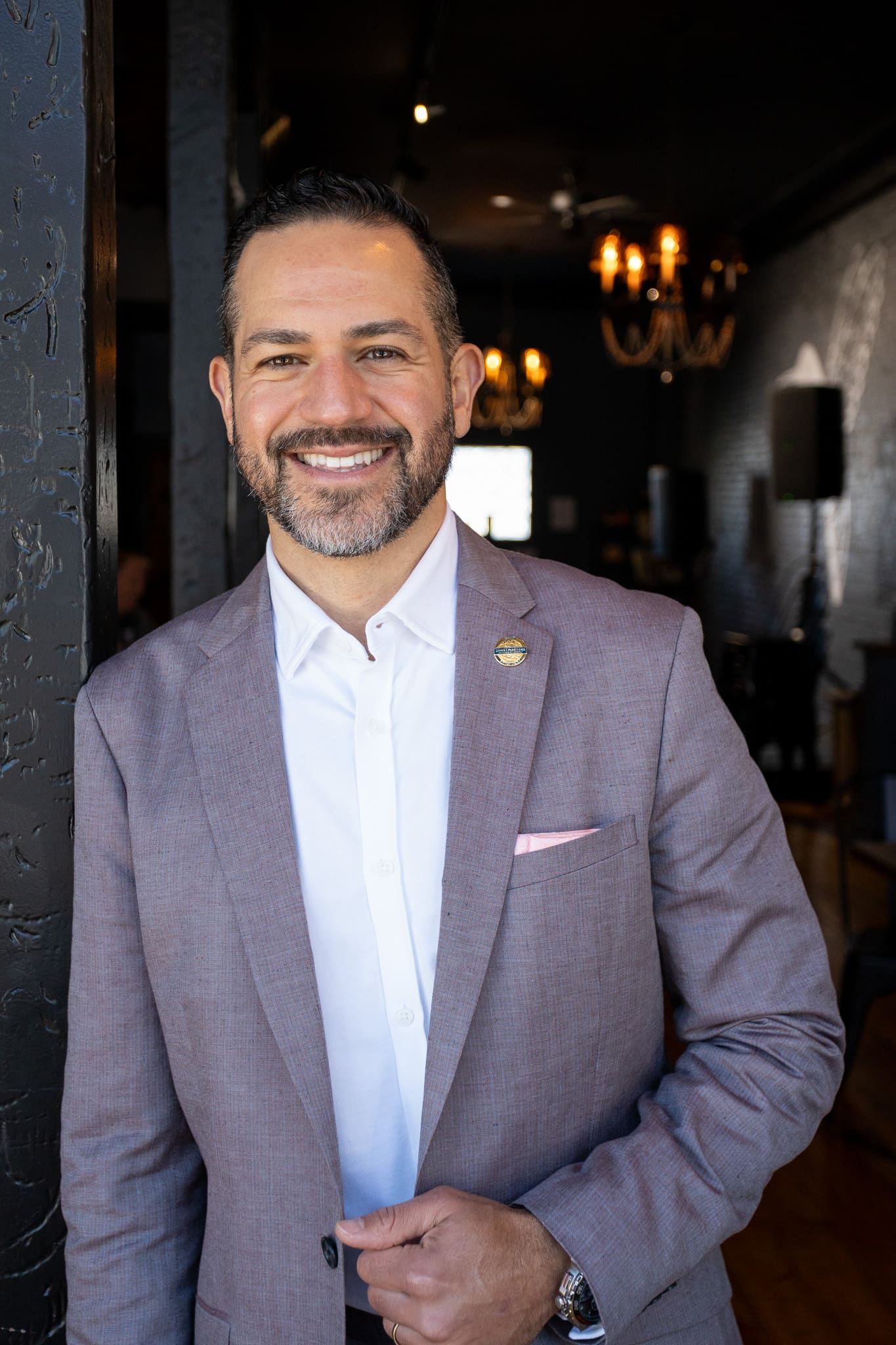Lottery Modified – The People Win

Win The Lottery While Growing Your Nest Egg
More than anyone, poor people need to analyze their budgets and watch where they spend their Money. Usually, the poor fall victim to the pressure of falling behind and the need to catch up. The elusive dream is to get rich quickly. It is simple: spend a few bucks and win the lottery. Playing the lottery is one of those get-rich-quick ideas that pan out for a very small number.
Every dollar counts for the poor, as they can’t afford to make mistakes with their money. Statistically speaking, the poor are more likely to gamble than the rich, even though they can’t afford to lose it, and the spending would be ill-advised. A poor person would be wise to spend their money on other items such as food, clothing, rent, utilities, etc.
Modern society preys on the poor, and a direct outcome is that it traps them there. As most already know, the problem with the lottery and gambling is that it is addictive. Psychologically speaking, people hold on to that one tiny piece of hope. They get people hooked by having enough small winners. The thrill of that small one-dollar win keeps bringing them back with the hope that they are going to win big and break out of the trap. The reality is that the people who win a large enough amount are far too few. The odds are not in their favor. The state lottery has us right where they want us, trapped.
According to the definition in the Merriam-Webster dictionary, “monopoly” is:
The last part of the definition section says: 4. One that has a monopoly
“The government passed laws intended to break up monopolies.”
This next part should be confusing. All lotteries must get the state’s blessing, or they are deemed illegal. Each state is in full control over who is or isn’t approved to run a lottery. The state’s full control over these lotteries makes it a monopoly. I guess a monopoly is viewed as okay if the government is running it. Why is it not okay for a person or business to have a monopoly and the government steps in and breaks up oil companies or tobacco, but it is okay for the government to do this with the lottery? This is the very form of government and elected officials that are put in place to protect the citizens. This is part of the problem, and we, the people, should hold them accountable. So, the goal should be to make changes to hold them accountable.
How the lottery works:
On average, the largest part of the lottery ticket earnings is paid out to the winners (60%) and a (6%) commission to the stores for offering the lottery. The smallest percentage is used for overhead to run the lottery (5%). Then the large remainder goes to the state after advertising costs. Then the states take their lottery proceeds and use them for their corresponding state’s infrastructure. Some states use it for Education, political support, marketing future lottery sales, programs helping with gambling addiction, and other various state shortfalls. This is a very large revenue source for each state, as they make millions. They also protect it to make sure that nothing gets in the way of their revenue, as this is built into each state’s annual budget.
The problem is that people with the least amount of money or who can’t afford to lose it are the ones who fall victim to gambling. These are the same people who are more likely to need some form of government assistance now and or in the future. I would propose that each state should do a study on the people who are addicted to playing the lottery and the percentage of those same people and find out what government programs they are on and using. Then study how much the lottery net brings to the table. How much does this cost the government in other funded programs, food/meals, healthcare, and housing? What is the state’s net dollars? Then educate the poor about saving and saving strategies.
This is difficult to make changes because this is the system that the citizens and politicians are used to. I would assume that the states would argue that the system is not broken and there is no need to change. Nobody likes to change, especially politicians. To get the Democrats and Republicans to try to work together on something almost seems like an oxymoron. These states should change their system to try not to prey on the vulnerable or poor.
Solution:
There is a solution, but it would come down to breaking up the monopoly or modifying the lottery gaming strategy. This solution that I am about to propose could be a win for the states, the nation’s government, and the people. This is not necessarily a new solution, more or less as it is a modification to one that is being used in other countries around the world and even domestically in a few select states.
The solution is a form of savings account tied to the lottery. The states are aware of these options and quite a few states are already using a form of it (prized linked savings, “PLS”). The problem is that most state lotteries will not give up their lottery monopoly to explore this for the common good of the people. Understandably so, those programs for the prized linked savings are driven to save more and increase savings at the bank or C.U. The banks or C.U. then pay out prizes at various intervals depending on their terms. The lottery views the PLS as direct competition for the state’s revenue.
New Idea:
The twist that I am proposing is having the lottery run with its own form of a PLS but for the good of the people and government. Sorry, the banks or C.U. are excluded from this. Instead of having to break up the monopoly, let the states be fully in charge of the operations and continue to be able to use funds for the states. In other words, the state’s revenue does not change and the state revenue stays as state revenue. This is in hopes of lowering their negative remarks towards traditional PLS and getting the states to focus and move forward in unison on a national-level program.
As an idea – Make the rules as follows:
- Each person to qualify must put $400/year into the state/national lottery to be eligible to win. There would be some form of bi-weekly contribution amount to make it fair for those who do not have $400 lying around. Probably totaling a higher amount to make up for lost interest.
- Can start at age 18+
- You can’t get your money back from the program or any winnings until normal Retirement age (Age 65 or later) If you want your money earlier, Age 59 1/2, you get 1/2 of the account’s value.
- This would be a non-interest savings account, when the money comes out at retirement it is not taxed.
- At death, the money is paid to the beneficiaries
Where did the numbers come from?
To come up with this idea, the $400 annual amount is derived as an arbitrary number from the ’22 total lottery purchased divided by the number of US adults. In 2022 there was $108 Billion spent in the lottery. There are $258.3 Million adults in the US. $108 Billion at 5% interest is $$29,838,408,750.00 annually. Assume ½ goes to the 50 states proportionately (based on population/participation) for funding and overhead for running this. This leaves roughly $15 billion annually for the lucky lottery winners.
Who Wins Under This Idea?
The people: The prize payout is only based on new money flowing into the system. The prize could be paid out each week (smallest), month/quarter (larger), or year (largest). These payments would be given randomly to eligible participants. Where the lottery participant normally gets nothing if their lottery ticket is not a winning number, the participant in this program can start to save real money (which can’t be redeemed until age 65). Each participant would get an electronic statement, which is an accounting of their total contributions over the number of years there is participation. The proposed account will not lose value, and the savings eventually will come back to the person making the contribution at retirement age. To give an idea of the maximum result a person who starts at age 18 and retires at age 65 could have up to $18,800 (assuming they made every annual contribution) come back to them for retirement and have a chance to win the jackpot at each drawing along the way. As long as there is an active account balance for the year, the individual is eligible to win the prize.
The State: $108 Billion at 5% interest is $$29,838,408,750.00 annually. Assume ½ goes to the 50 states proportionately (based on population/participation) for funding and overhead for running this. Every year the money that the old deposits are not dispersed, the interest gained would be split between Federal and State 50/50.
The Nation’s Government: The actual money is put into Treasury Bills, but all the interest is pooled for prize money. For someone who is 18 and starts making contributions, their money would technically be held in T-Bills for 47 years. The interest after the first year gets to go towards other government funding at that point. The interest generated every year thereafter can be used. In other words, a new type of tax is derived from this strategy.
To recap, this idea would be a great way to get non-savers to save while giving them a chance to win a prize along the way. By solving the non-saving into saving it also helps both the states and Federal government on a greater level with their own financial issues. As great as ideas can be, it will probably only be an idea as this would require too much political harmonization in a dysfunctional government.
Let me know your thoughts on this idea or if you want more ideas outside the box like this.
Resources:
https://www.merriam-webster.com/dictionary/monopoly
https://en.wikipedia.org/wiki/Prize-linked_savings_account
Originally Published on https://pointwealthmanagement.com/blog/

























